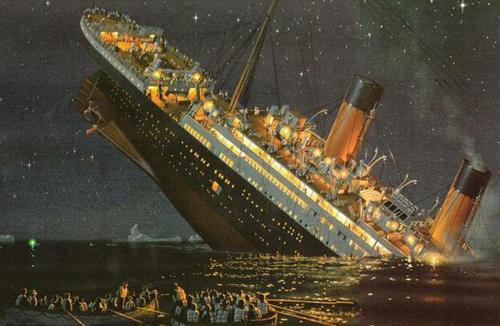TOO BIG TO FAIL?
We talk about free markets as the mother of competition but the endgame of competition is monopoly. Barry Lynn, director of the New American Foundation makes this point in February’s issue of “Harper’s.” We may think consumers are protected by laws against monopoly, but Lynn warns that of greater concern is the rise of conglomerates — corporations that capture large portions of a market and conspire to control it. He points to the demise of small farms as one example of what’s happening.
For the most part, we urban dwellers have paid little attention to consolidations in agriculture and even less to that same pattern in the financial world… until recently. But consolidation hasn’t stopped there. We may think of Silicon Valley as an innovative haven where rebel thinkers work out of their garages; but nothing could be further from the truth. If Lynn is correct, successful ideas don’t evolve but are gobbled up by larger entities: Apple, Intel, Google, Pixar and the like. Once these smaller competitors are absorbed, the larger ones are free to operate in tandem, creating gentlemen’s agreements that stifle competition. For example, Silicon Valley is governed by “no poaching” agreements among the top employers. A worker, as Lynn points out, can no longer market his skills to the highest bidder. To walk out of one job is to be assured he won’t be hired in another. The industry justifies these arrangements as necessary efficiencies. Employees describe them as new forms of slavery.

(courtesy: Walter7.edublogs.org)
The publishing business is undergoing similar changes, as I’ve noted elsewhere. Amazon, being the thousand pound gorilla in the industry, has managed to lower book prices so that the buyer believes he’s advantaged. But Lynn warns against such thinking. With too much money pooled in the hands of a few, the range of choice is narrowed. Like the sleepy-eye passengers on the ship Titanic, he fears we consumers are too happy in our current passage to understand “the nature—or the political danger of that [conglomerate] dominance.” (“Killing the Competition,” Barry C. Lynn, “Harper’s” 2/2012)